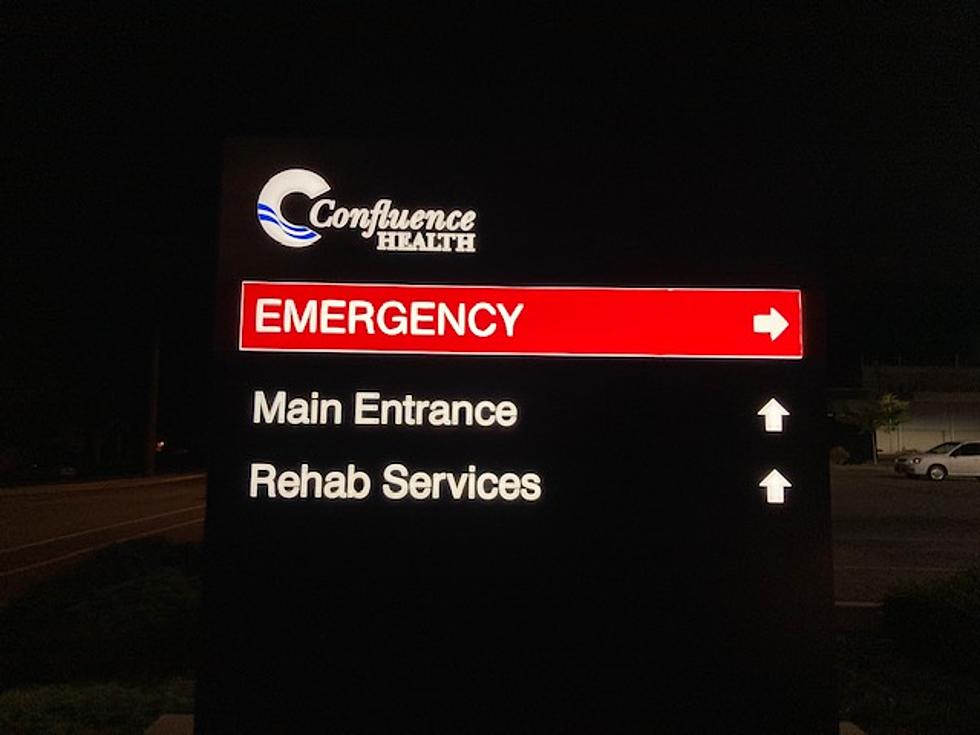
Uptick in Unemployment Fraud During COVID-19
Unemployment claims are surging across the nation and some scammers may be trying to add your name to the list of residents collecting benefits. Reports of unemployment fraud have risen sharply as identity thieves look to cash in on COVID-19.
Con artists are using stolen consumer information such as social security numbers to file to the false claims. It’s an increasingly common tactic for collecting checks on behalf of unsuspecting consumers, even if they’re still employed. Some of the reported victims were not even aware of the issue until they were contacted by their employer’s Human Resources department.
Personal information used to file the claims may have been stolen from an earlier data breach similar to the one experienced by Equifax several years ago, which impacted millions of Americans.
Better Business Bureau Northwest + Pacific is recommending consumers consider these tips for safeguarding their information:
Reach out to Human Resources. If you’re employed and feel a fraudulent unemployment claim has been made on your behalf, reach out to your HR representative as quickly as possible. They can help prevent funds from processing under your name or provide direction if a claim has already been paid out.
Contact your state’s employment department. Fraudulent unemployment claims need to be reported directly to the office responsible for processing payments. Be prepared to provide information including your name, social security number and address. Give that information out only after you have confirmed that the link is secure, and the site is correct.
File a report with local law enforcement. Instances of identity theft, including unemployment fraud, should be reported to the police department operating in your area. Keep a record of all the information available to better facilitate that process.
Connect with each credit bureau. Make sure to report any instances of unemployment fraud to the three main credit bureaus: Experian, TransUnion, and Equifax. Those institutions can facilitate any needed security measures, including freezing your accounts.
Update and monitor your banking information. Continue to frequently change the password to your banking information. Remember to also review your banking information consistently for any unfamiliar charges, account openings, or withdrawals.
Release provided by the Better Business Bureau
More From NewsRadio 560 KPQ









